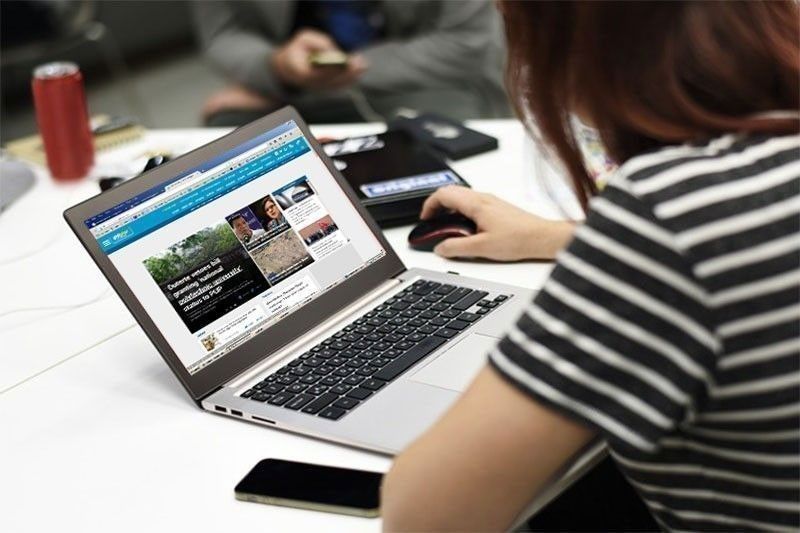World Bank urges reforms to address 'slow, costly' internet in Philippines

MANILA, Philippines – The Philippines needs reforms and increased investment in broadband infrastructure as the country lags behind neighboring countries in terms of internet reach and average speed, the World Bank said.
According to the 2024 World Bank report dubbed "Better Internet for All Filipinos: Reforms Promoting Competition and Increasing Investment for Broadband Infrastructure", the Philippines' internet connectivity is the most expensive in the Southeast Asian region but is relatively slow compared to Singapore, Thailand, Malaysia, Vietnam and Brunei.
According to the Department of Information and Communications Technology (DICT), there are only around 12,000 independent common towers in the country. Neighboring countries such as Vietnam have 90,000 cell towers, while Bangladesh has 30,000.
The World Bank said policymakers should focus on reforms and invest more budget to improve the Philippines' broadband infrastructure, as the slow internet connection affects many people and future opportunities.
"Limited internet access curbs digital potential for citizens and businesses, with peri-urban connectivity being critical to future growth. The country’s poor broadband infrastructure is rooted in outdated policy frameworks that stifle investment in rural areas and foster a market with weak competition, both of which hinder broadband expansion," the World Bank said, as posted on its website.
"Policymakers can build on immediate reforms through the open access bill as an entry point to broader and medium- to longer-term digital connectivity agenda. The cost of inaction — loss of growth opportunity, people remaining unequipped for future jobs, and widening of the digital divide — is too high for the Philippines," it added.
One way to increase internet speed in the Philippines is by adding more cell sites in the country and giving incentives to telcos, which is supported by several stakeholders in the telecommunications industry.
The Private Sector Advisory Council (PSAC) urged the Marcos administration to increase government spending on developing the country’s digital infrastructure to give a P60-billion annual budget for DICT to increase the number of cell sites and the penetration rate of internet services in the country.
The Philippines needs an additional 60,000 cell sites by 2031 to Geographically Isolated and Disadvantaged Areas (GIDA), according to data from the Asian Development Bank (ADB).
Makati 2nd District Rep. Luis Campos Jr. also expressed concern as the country fell by four notches to rank No. 83 worldwide in Ookla’s May 2024 Global Speedtest Index.
“We want to accelerate mobile internet speeds to improve public access to online resources, government services, education, and new opportunities,” Campos said in a statement.
Campos has been batting for the passage of his House Bill No. 10215, which seeks to tag high-speed internet connection as a basic telecommunication service to which every Filipino enjoys a right of access.
- Latest






























